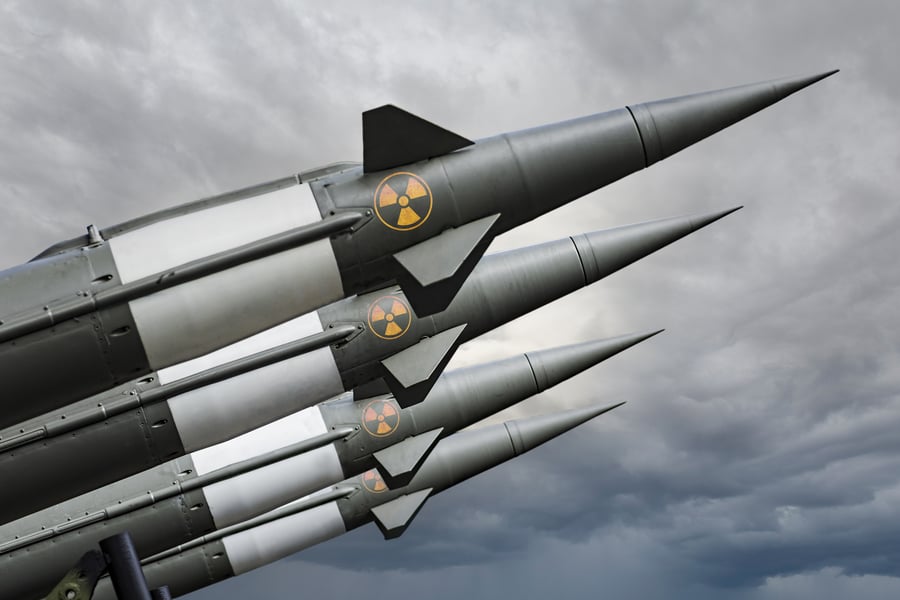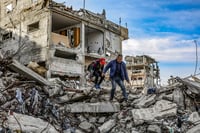
Despite repeatedly threatening military retaliation against Israel, the delay in Iran’s response suggests significant challenges in mobilizing their missile arsenal. This has intensified regional tensions and raised concerns about potential conflict, Jewish breaking news sources report.
Iran’s arsenal includes advanced missile systems, such as the Shahab-3, an Iranian variant of the North Korean Nodong missile, and its upgraded versions, the "Ghadr" and the "Emad." Additionally, Iran’s long-range solid-fuel missile, the "Khaibar Shikan," has a range exceeding 2,000 kilometres.
These missiles are designed to evade interception with multiple warheads and advanced capabilities. In an April attack on Israeli targets, Iran used both advanced and older missile models. Although 110 to 130 missiles were launched, only a few reached their targets due to successful interception, with most fired from Iranian soil and fewer from Yemen.
A U.S. military analyst highlights that Iran's limitations are partly due to the number of available launchers. "Even with 2,000 missiles, if there are only a hundred mobile launchers, only a hundred missiles can be fired at once." These missiles, based on Soviet designs, require mobile platforms for launch rather than pre-installed pits.
The preparation process for these missiles can be lengthy—up to six hours for a skilled crew and nearly a day for less experienced teams. The exact number of Iran’s mobile launchers and crew proficiency are not well-documented, but the extended setup time for the April launch suggests that Iran might struggle with rapid, sustained missile fire if conflicts escalate.
According to Israel Hayom reports, the delay in Iran's response to the assassination may be due to the time needed to prepare a large number of ballistic missiles for launch. Additionally, this delay could be part of Tehran’s strategy to weaken Israel’s morale and economic stability while buying time for a calculated response.






















1 Comments